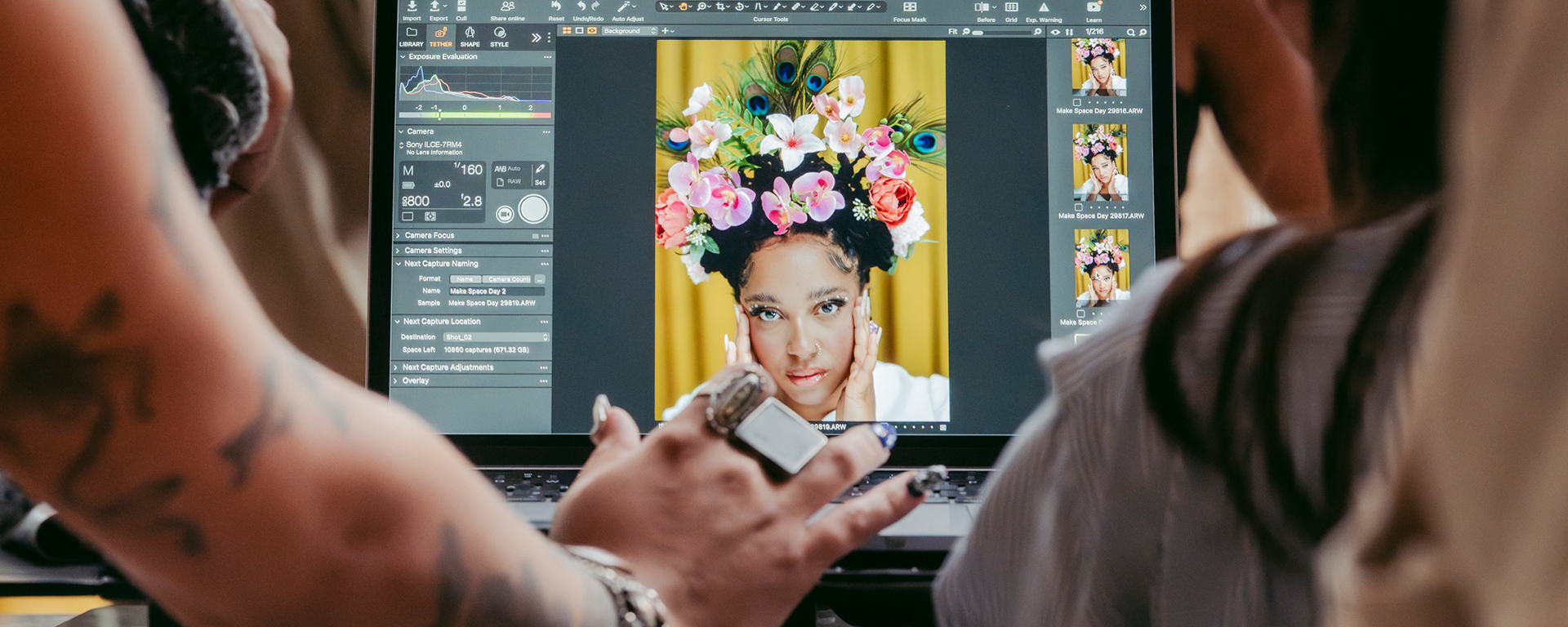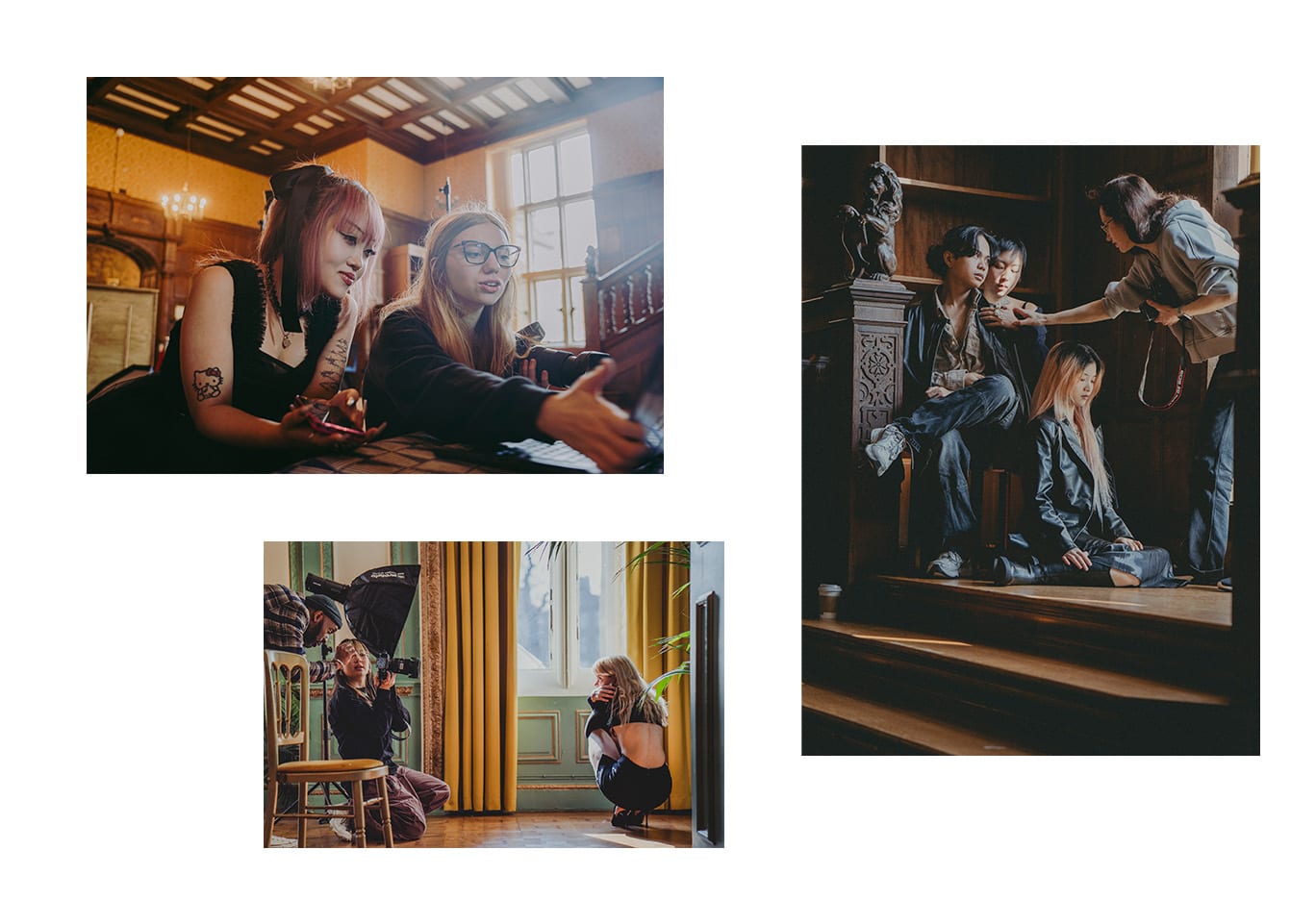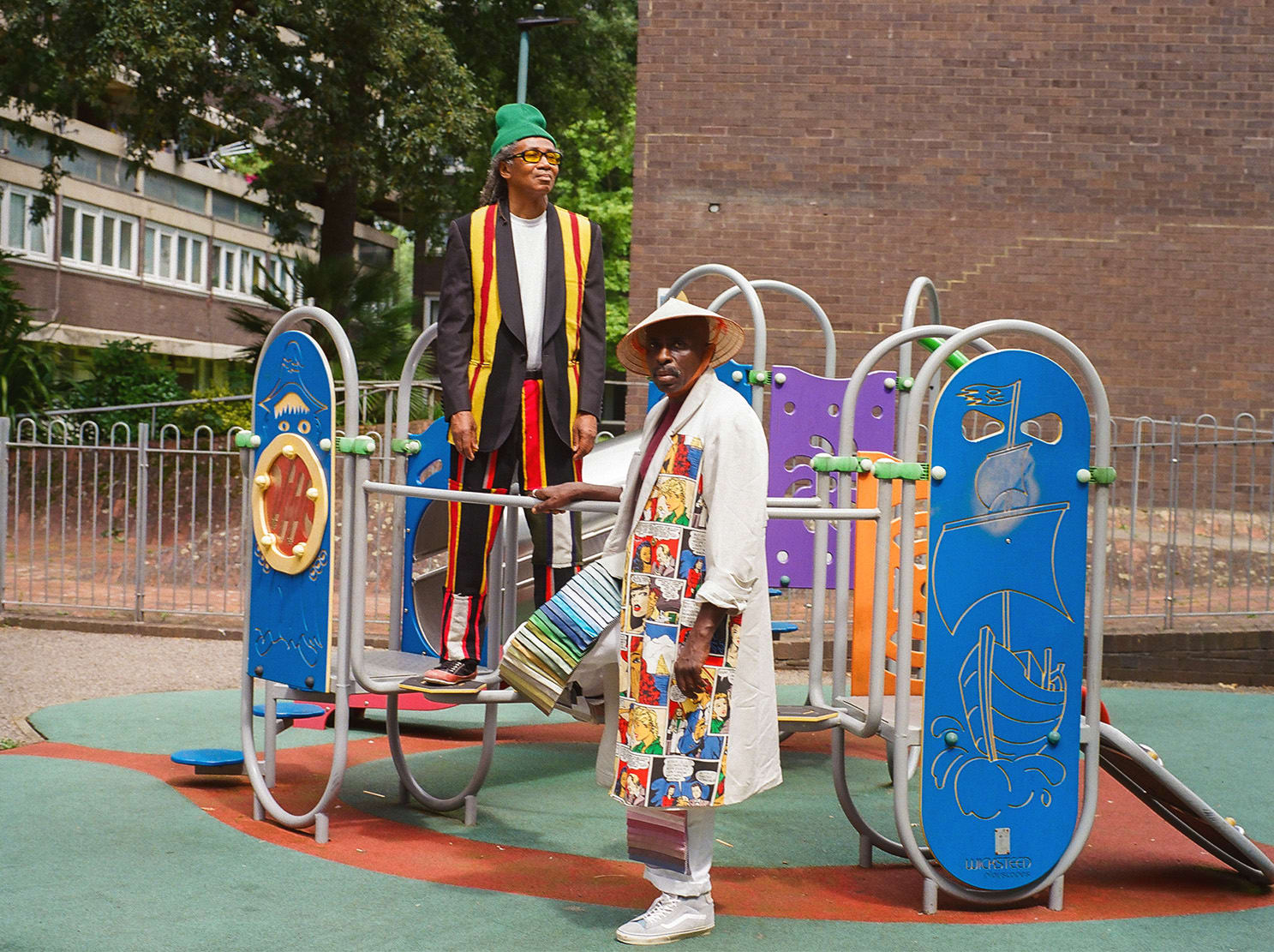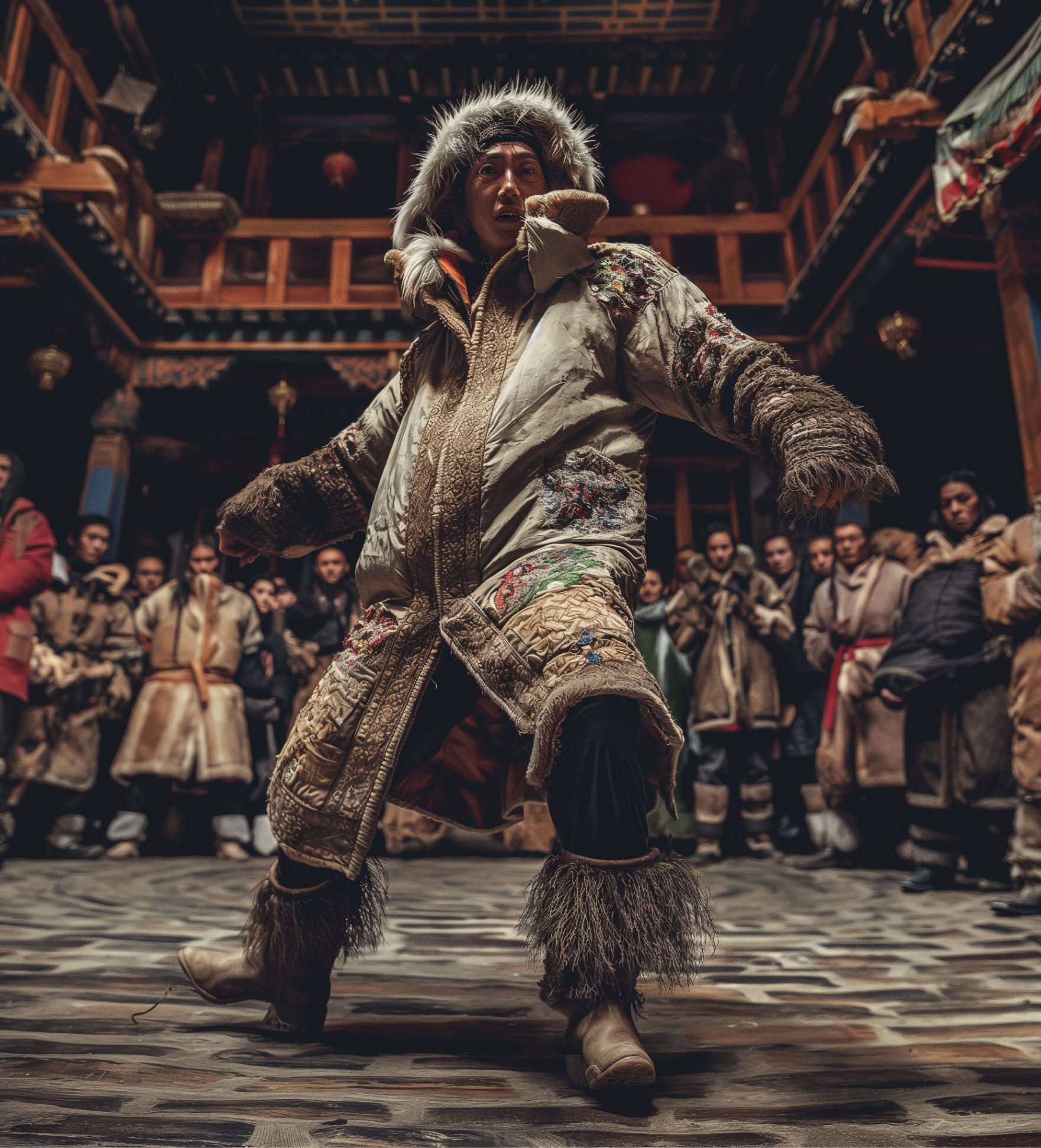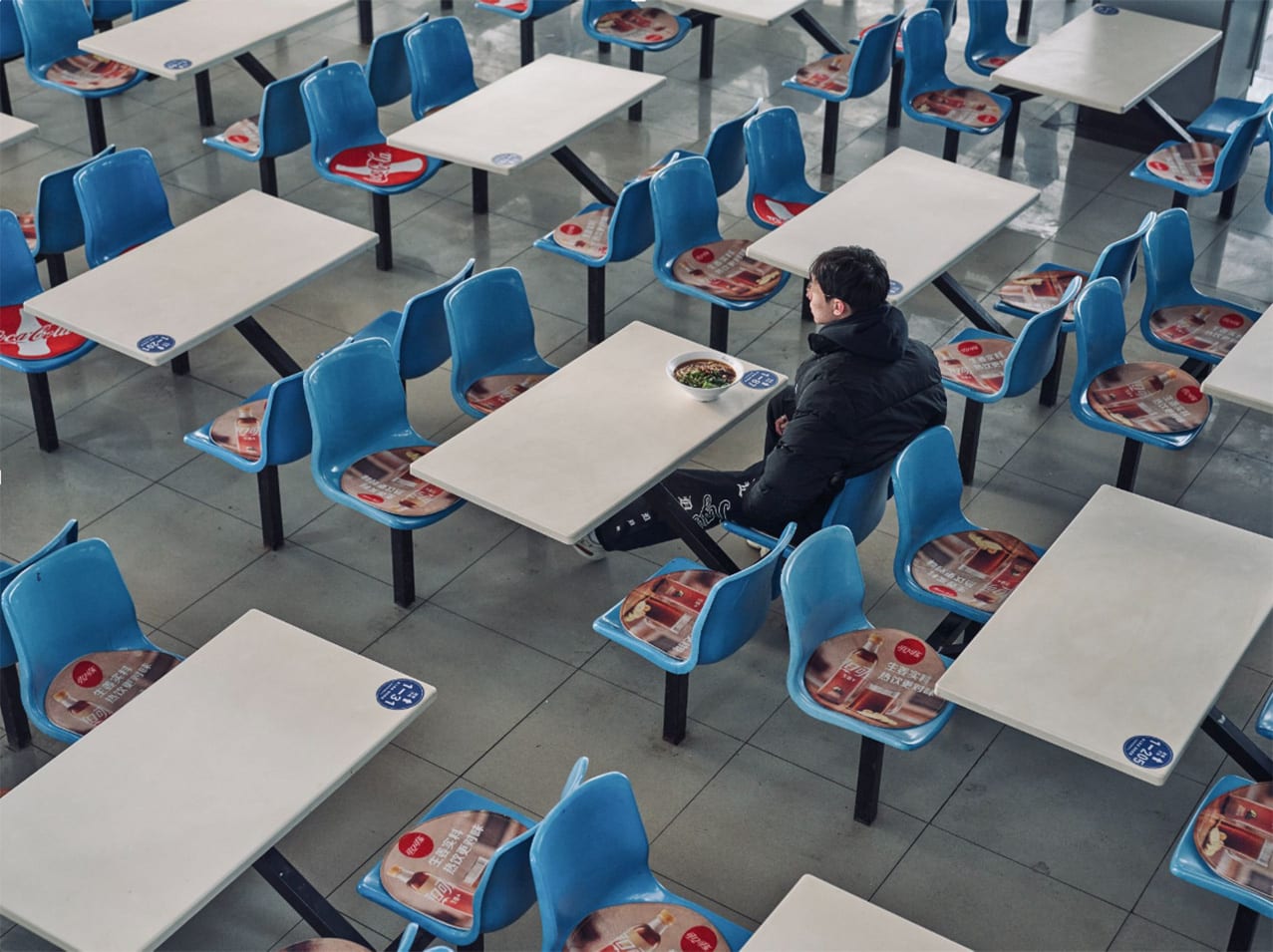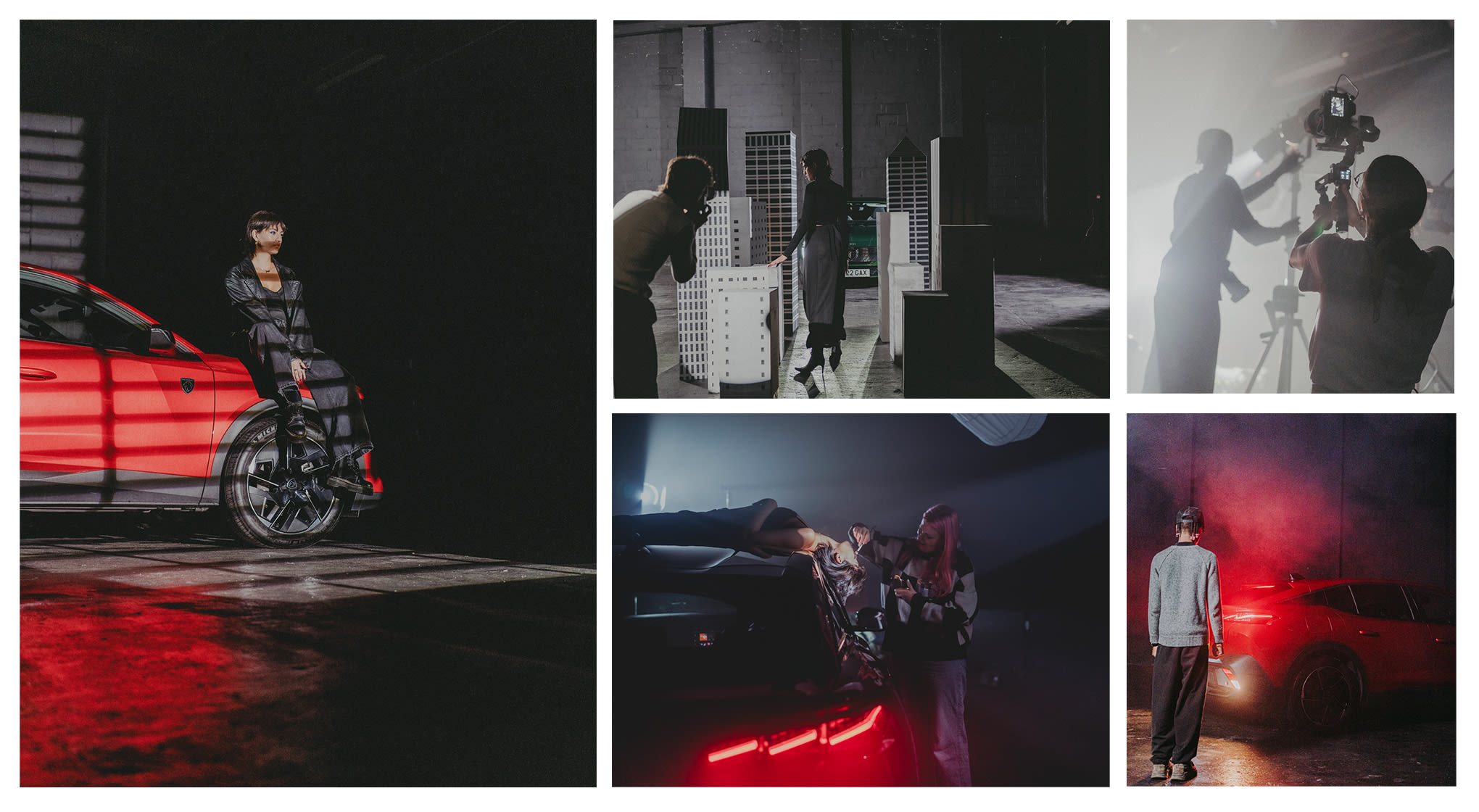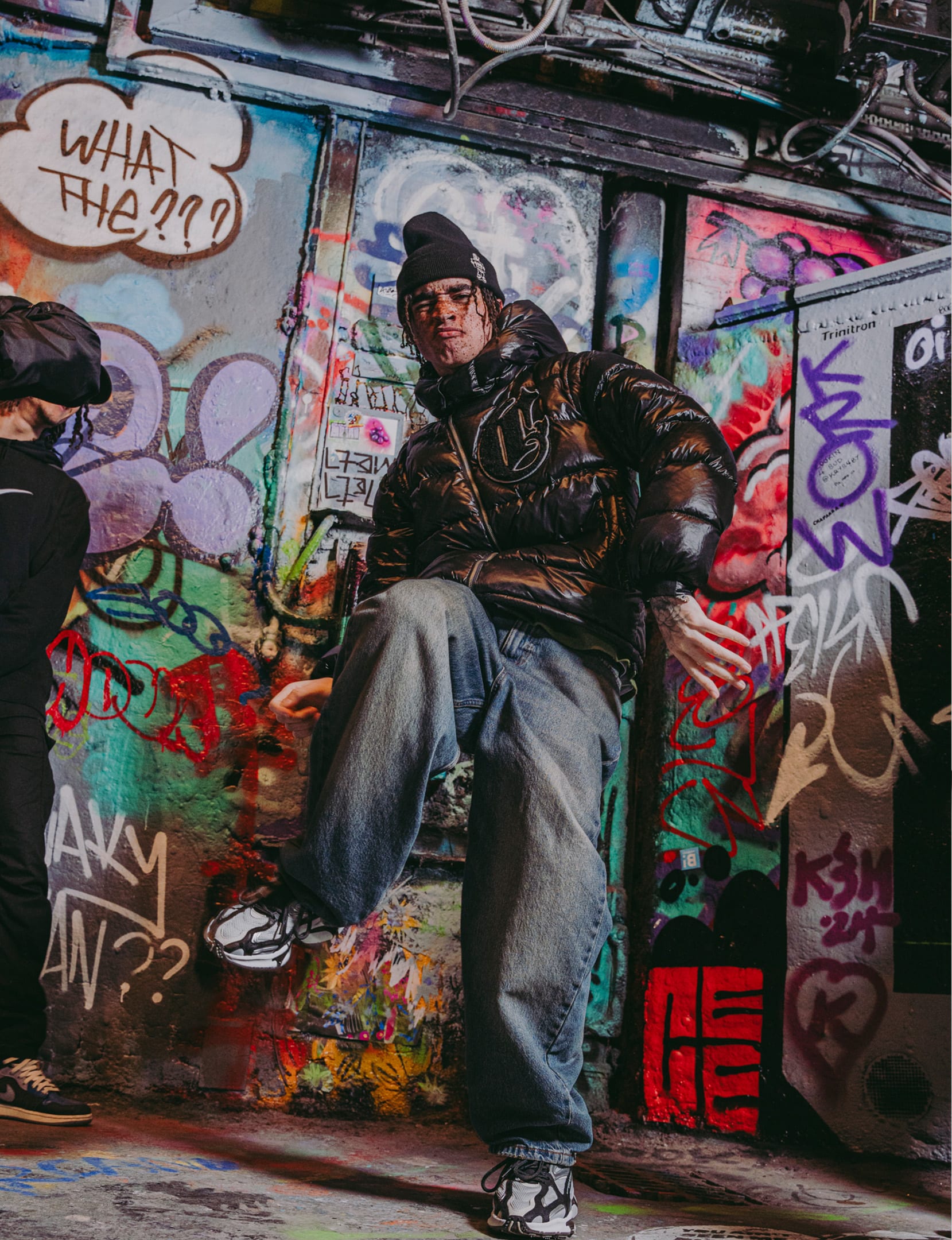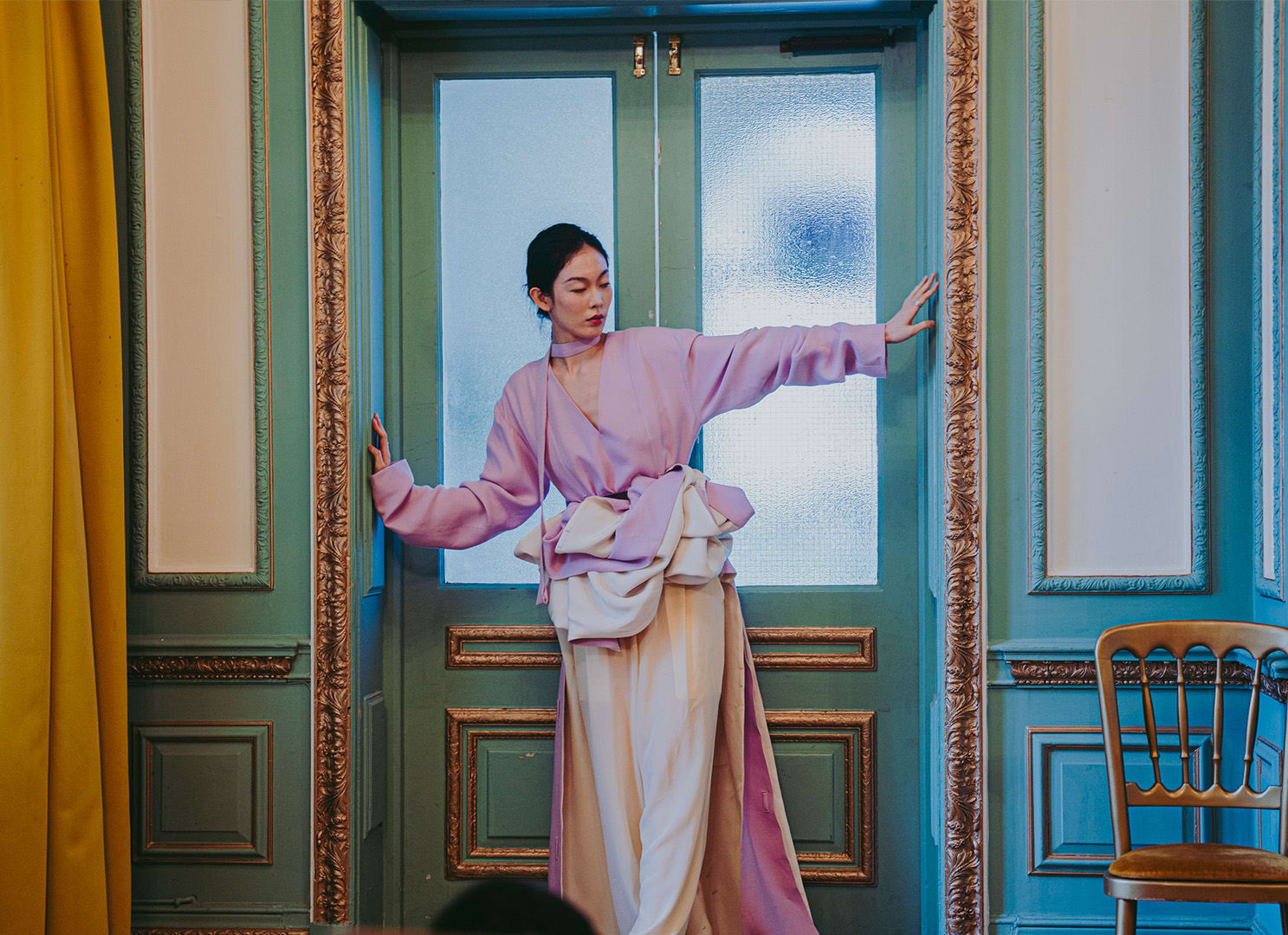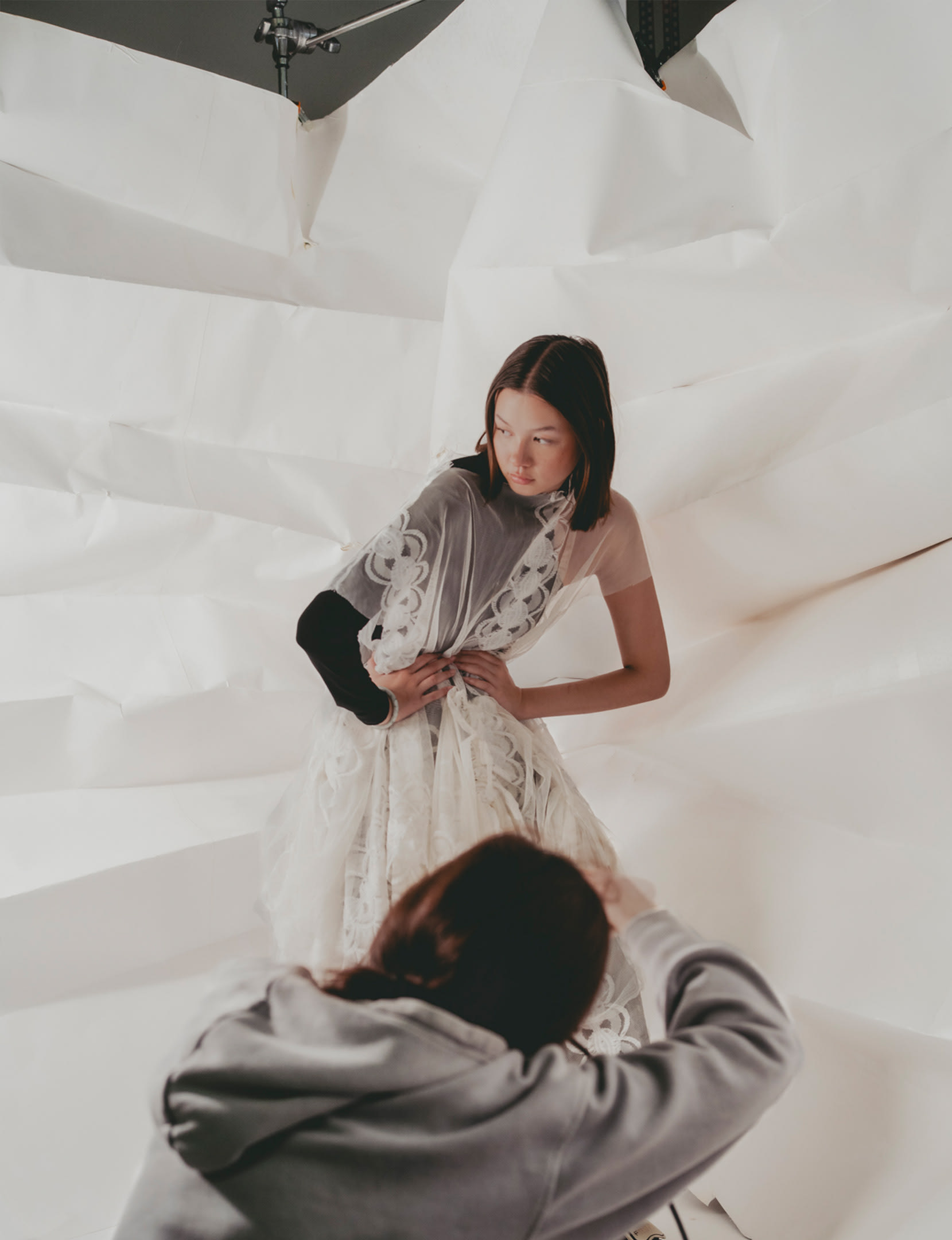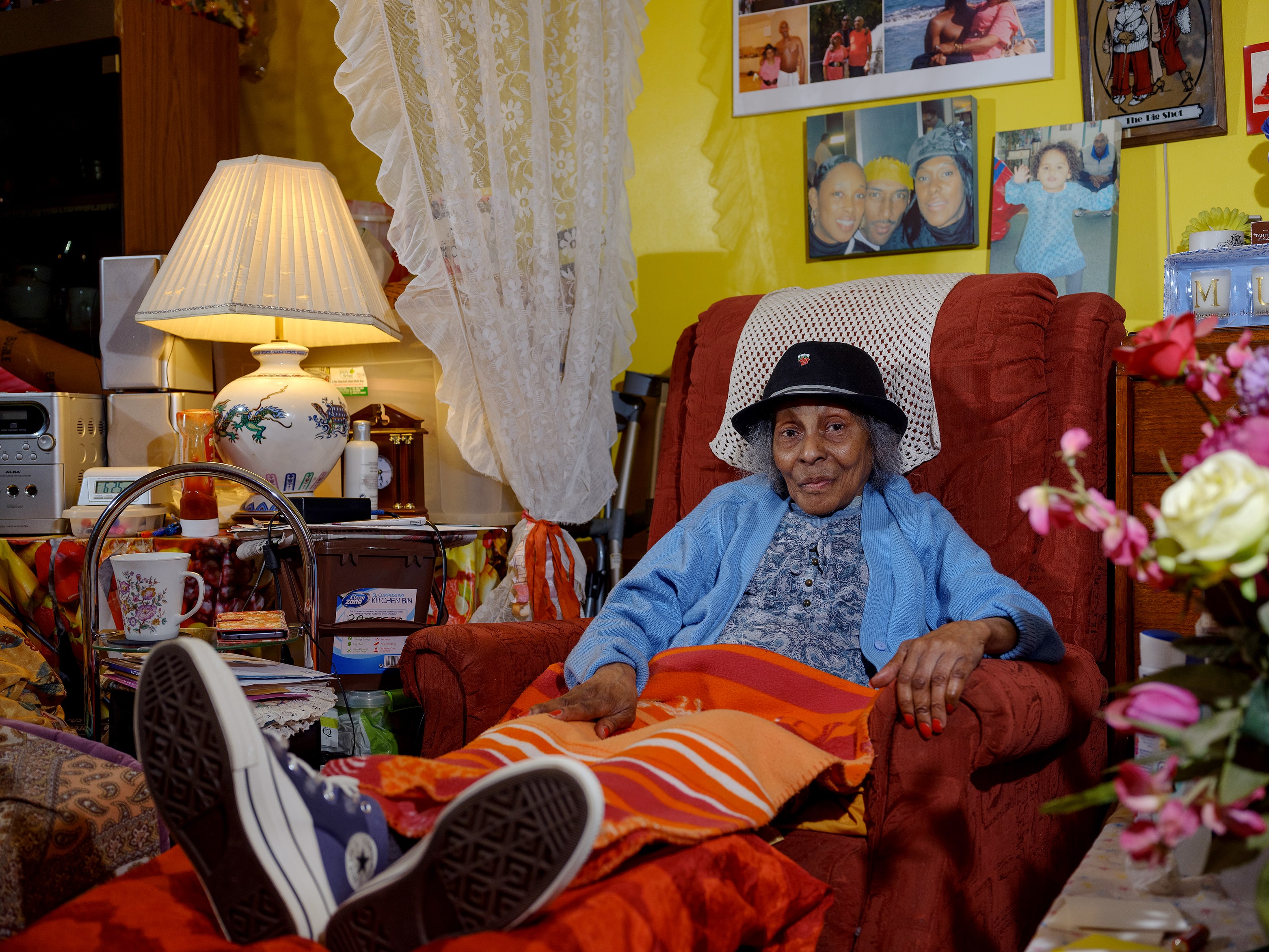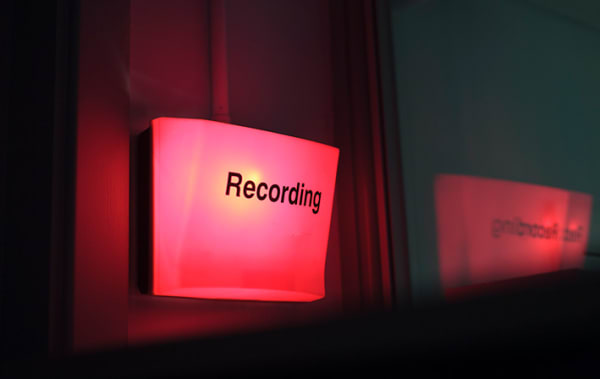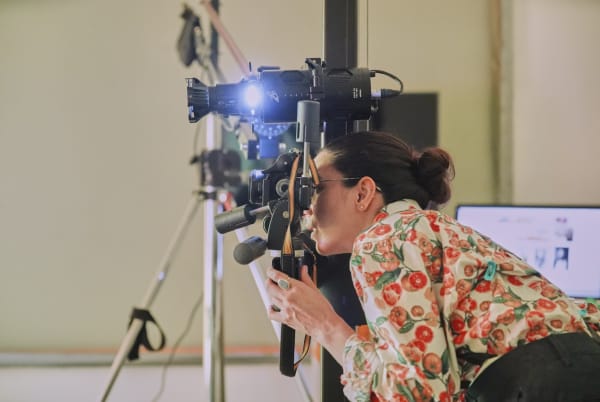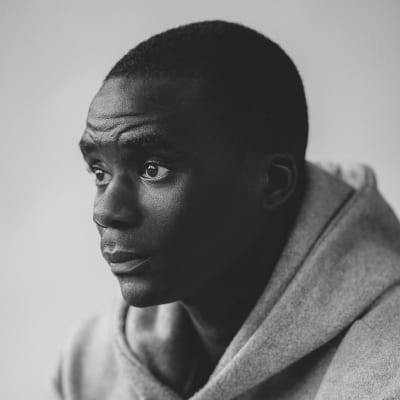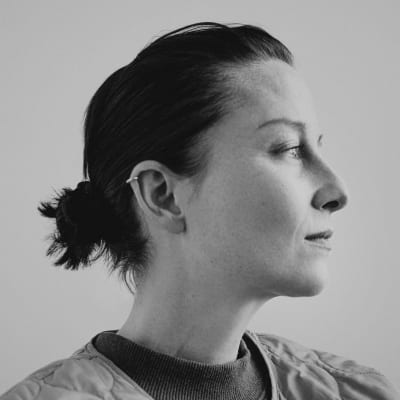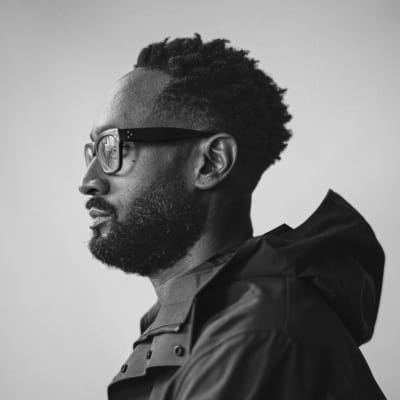Course units
We are committed to ensuring that your skills are set within an ethical framework and are embedding UAL’s Principles for Climate, Racial and Social Justice into this course.
In common with all courses at University of the Arts London, this course is credit rated. The course is 3 years, levels 4-6. Each year requires you to achieve 120 credit points. To be awarded the BA (Hons) Photography and Creative Industries, you need to accumulate a total of 360 credits.
Year 1
Introduction to Photography and Creative Industries (20 credits)
Introduction to Photography and Creative Industries welcomes you to life as a student in the Photography programme at London College of Communication. You will discover the staff, community, facilities and resources that will support you towards finding your creative voice and visual style as a contemporary image-maker. On this unit, you will learn new and key skills in modern image production that will challenge the way you respond to project briefs.
Publishing and Social Change (20 credits)
Publishing and Social Change looks at how personal work, writing and publishing have helped photographers and artists to create new questions around the possibilities of social change. You will learn about the histories, cultural shifts, and debates that made this change possible and experiment with new skills in creative writing, image-making and publication design to translate this knowledge into your first publishing concept.
Casting (20 credits)
Casting is the first part of a 2-unit structure. This unit focuses on an expanded idea of ‘casting’, and will ask you to make ethical, logistical and managerial considerations as you use diverse casting practices for a multi-media editorial project.
The Casting Project (20 credits)
In this workshop-orientated unit, you will begin to experiment with new camera technologies and both still and moving studio production techniques to help you realise your editorial concepts from the ‘Casting’ unit.
Contemporary Studio Practice (20 credits)
In this second workshop-orientated unit, you’ll explore expanded ideas of studio practice in photography including lighting techniques, set design and art direction for creative projects produced indoors and on location.
The workshops on the unit will be designed and delivered by specialists who will give you a professional working knowledge of industry-standard camera technologies and software for image capture, processing and output.
Creator Identities (20 credits)
For Creator Identities, you’ll independently identify, liaise and collaborate with a creator of your choosing to produce a new visual identity and online branded campaign for their work.
Year 2
The Live Brief (Industry, Community and Collaboration) (20 credits)
The Live Brief (Industry, Community and Collaboration) will provide professional insights into working with industry partners from the arts, creative industries and social enterprises. This unit will give you the opportunity to work with a team of creatives and students on a brief set by a real-world industry partner. Working with your team, you will ideate, pitch, develop and produce assets that innovate in response to the brief’s objectives.
Image Production (40 credits)
Image Production is designed to cultivate a working knowledge of emergent image-making techniques. You will question how photographic work impacts people, and be challenged to produce work that uses available technologies to rethink how campaign work engages audiences in new ways.
Disrupting Brand Identity (20 credits)
Disrupting Brand Identity invites you to explore the role that individual artist practices have played in reshaping advertising and branding content. You’ll be asked to identify an opportunity to rebrand an existing brand, collective, community, organisation or campaign content. You will then produce a presentation that unpacks brand histories with representing communities, and then begin to pitch an ethical, creative, or cultural necessity for a rebrand.
The Live Brief (Creative Networks) (40 credits)
The Live Brief (Creative Networks) unit provides an exciting opportunity to begin defining your creative practice, to project manage, and to develop your own network of contacts. You’ll be introduced to strategies in independently sourcing creative partners and working in collaboration with them to produce deliverables for a negotiated brief.
Year 3
Creative Direction and Enterprise (40 credits)
Creative Direction and Enterprise will give you the tools to act as a producer on the development of a creative enterprise project.
Research Project (20 credits)
You’ll develop a specialised Research Project to question ideas, innovations, theories or practices within contemporary photography, visual culture or the creative industries.
Major Project (40 credits)
The Major Project will bring together all of the expertise developed during your studies, translating it into a work that defines your future ambitions as a creative practitioner.
Creative Futures (20 credits)
To prepare you for graduation and entry into the creative industries, Creative Futures will give you the skills to develop an attention-grabbing portfolio and social profile.
Optional Diploma between Years 2 and 3
Between Years 2 and 3 of the course, you’ll also have the opportunity to undertake one of the following additional UAL qualifications:
Diploma in Professional Studies (DPS) (Optional)
This optional diploma can be taken between years 2 and 3. With support from your tutors, you’ll undertake a series of industry placements for a minimum of 100 days/20 weeks. As well as developing industry skills, you’ll gain an additional qualification upon successful completion.
Diploma in Creative Computing (Optional)
Between Years 2 and 3, you can undertake the year-long Diploma in Creative Computing. This will develop your skills in creative computing alongside your degree. After successfully completing the diploma and your undergraduate degree, you’ll graduate with an enhanced degree: BA (Hons) Photography and Creative Industries (with Creative Computing).
